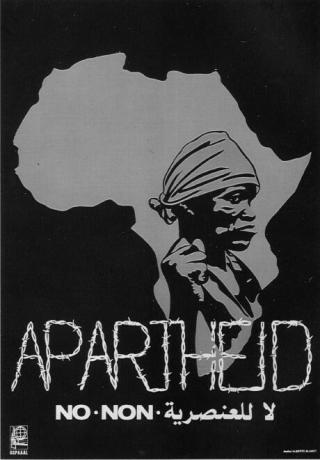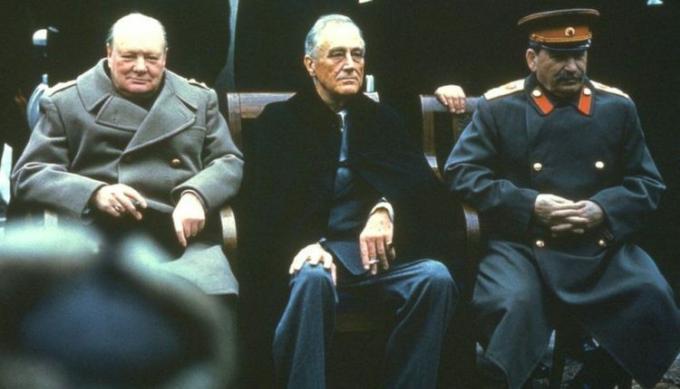THE independence of Brazil took place on September 7, 1822. Through this event, Brazil ceased to be a colony of Portugal and became an independent country.
The independence of Brazil was the result of several transformations that the country faced since the arrival of the Portuguese royal family.
From then on, the country becomes a monarchy, ruled by Dom Pedro I.
Causes of Brazil's independence
At causes of Brazil's independence were diverse. In the country, the end of Colonial Pact it interested the agrarian aristocracy, the ruling class.
The country's independence was viewed positively by this class, as saw a chance to have economic freedom with the end of the monopolies established by the metropolis and the subordination to Portuguese traders.
THE Mining Inconfidence, which took place in 1789, was one of the colonial revolts aimed at the freedom of the colony. The region's development was impeded due to strict mercantilization policies that made possible progress impossible.
Another extremely important regency rebellion was the
Bahia Conjuration, in 1798. This conflict concentrated popular characteristics regarding the desire for independence.Salvador was essentially composed of enslaved people, blacks, mulattos, mestizos and poor whites. All lived in a state of misery.
Therefore, one of the objectives of the confrontation was the fight to overcome social differences.
- Free Online Inclusive Education Course
- Free Online Toy Library and Learning Course
- Free Online Math Games Course in Early Childhood Education
- Free Online Pedagogical Cultural Workshops Course
The first step towards Brazil's independence was the end of the Colonial Pact. In 1808, the royal family, fleeing from Napoleon Bonaparte, settles in Brazil and opens ports to friendly nations, in other words, any country could trade with Brazil.
Such action pleased the country's large farmers who could now trade with other nations without the participation of the Portuguese.
In 1815, the country rose to the status of United Kingdom to Portugal and Algarves. That is, Brazil ceases to be a colony and assumes the same legal status as the metropolis. In this way, the country becomes the center of the Portuguese empire.
In 1817, the Pernambuco Revolution broke out, marked by popular dissatisfaction with the collection of taxes, among other points defended by the rebels, such as the belief in the ideals of freedom and equality.
Another important cause for the independence of Brazil was the Porto Liberal Revolution, which had as one of its objectives, the resumption of colonization in Brazil.
This fact made D. João VI return to Portugal, passing power to his son D. Peter I. From then onwards, several measures were taken by the Portuguese courts with the aim of making D. Pedro return to Portugal.
However, D. Pedro does not give in to Portuguese pressure and decides to stay in the country. This action was known as the day of stay (1822), marking another step towards Brazil's independence process.
The ministers, loyal to the Portuguese courts, resign. D. Pedro forms a new ministry, led by José Bonifácio. It was determined that any decision coming from Portugal would only be accepted upon the wishes of D. Peter.
Dom Pedro breaks with Portugal after yet another attempt to make him return to the country.
See more at:
- Brazil Empire timeline; First and Second Reigns - Chronology
- Coming of the Royal Family to Brazil; Johannine Period (1808-1821)
- The best films about the independence of Brazil
- The Reign of D. Peter I
The password has been sent to your email.



